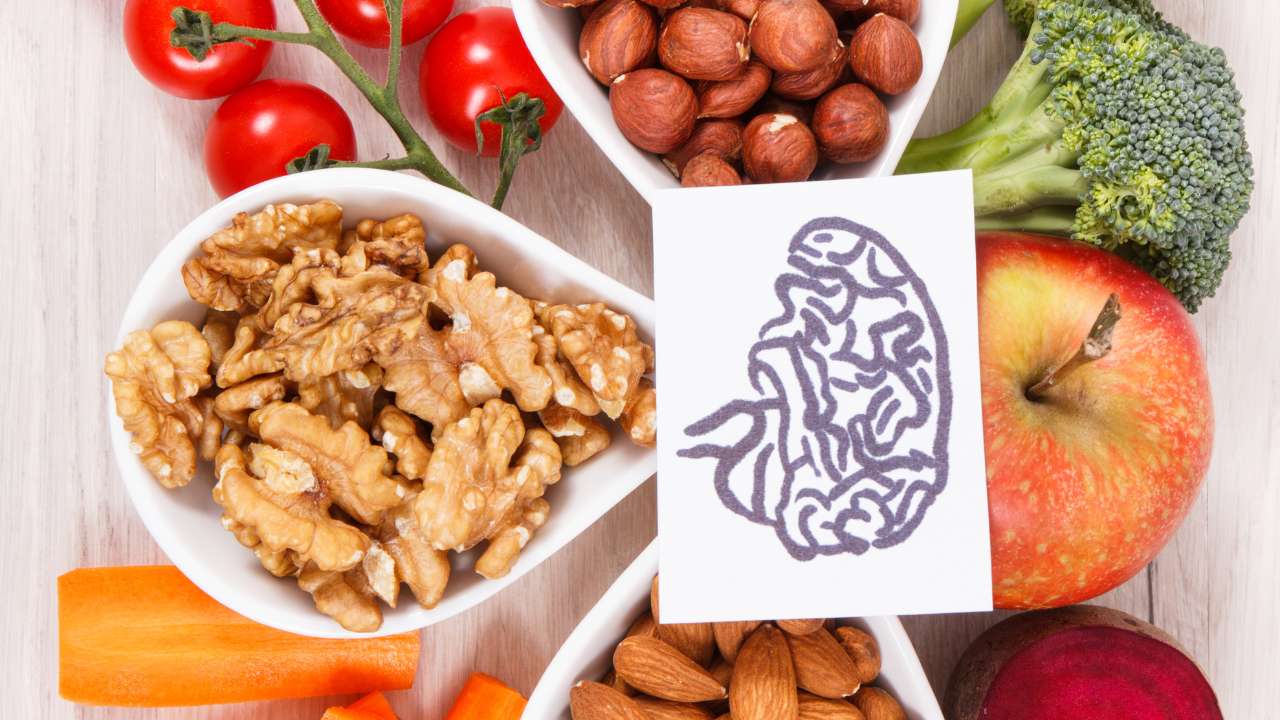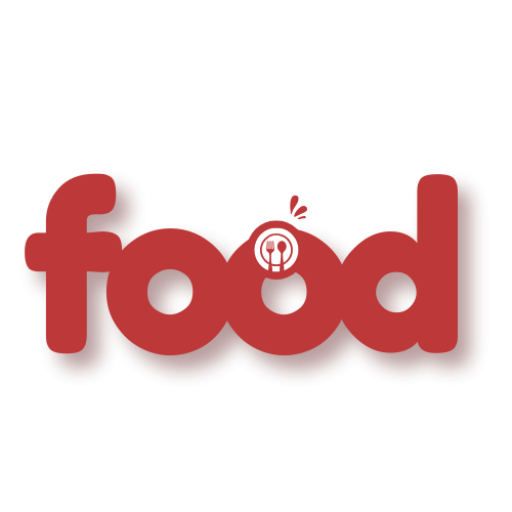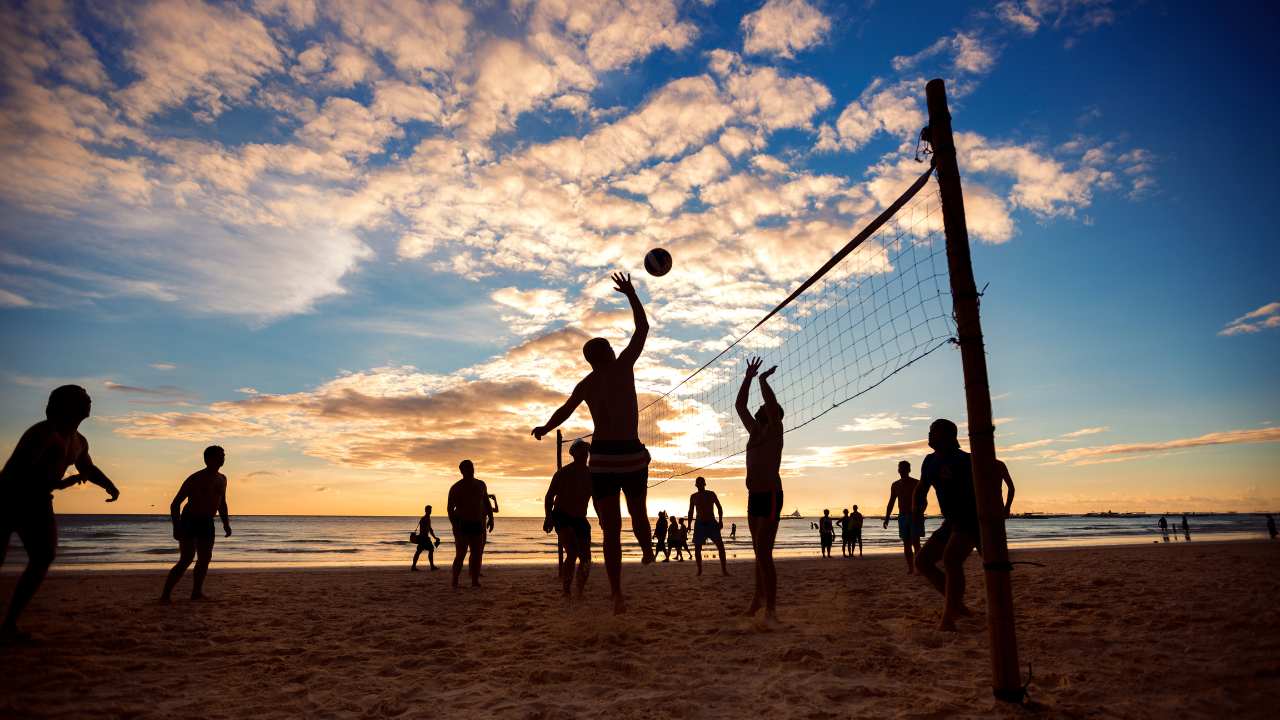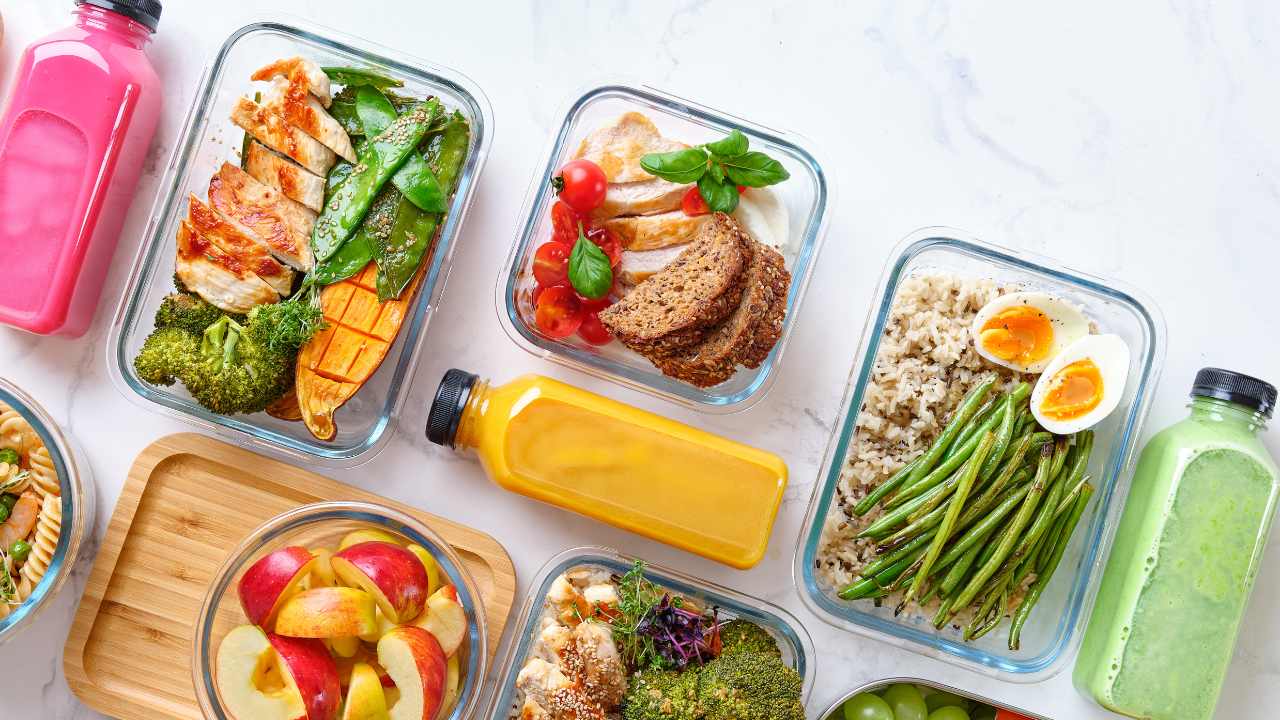Volleyball is an intense and dynamic sport that demands both physical and mental stamina. To perform at your best, having the right diet is crucial. Proper nutrition helps maintain energy levels, improves endurance, and accelerates recovery. In this guide, we’ll explore the best foods to fuel your body for volleyball, enhance your performance, and aid in faster recovery.
1. Carbohydrates: The Primary Source of Energy
When playing volleyball, your body relies heavily on carbohydrates for energy. During intense games or practices, your muscles use glycogen, which is stored in the body from carbs. This is why it’s essential to consume foods rich in complex carbohydrates. Examples include:
- Whole-grain bread
- Brown rice
- Oats
- Quinoa
- Sweet potatoes
These foods provide a slow and steady release of energy, which is important for sustained performance during volleyball matches.
Also Read

2. Protein: Building and Repairing Muscles
Volleyball players often engage in explosive movements, such as jumping, diving, and hitting. These actions put stress on muscles, making protein vital for muscle repair and growth. Aim to include lean sources of protein in your diet, such as:
- Chicken breast
- Turkey
- Fish (like salmon and tuna)
- Eggs
- Greek yogurt
- Tofu or tempeh for plant-based diets
Consuming protein after exercise helps with muscle recovery, reducing soreness and injury risks.
3. Healthy Fats: Supporting Endurance and Recovery
Although fats often have a bad reputation, they are essential for overall health and long-lasting energy. Healthy fats help with cell regeneration, hormone production, and joint health. Great sources of healthy fats include:
- Avocados
- Nuts and seeds (almonds, walnuts, chia seeds)
- Olive oil
- Fatty fish like salmon
- Nut butters
Including these fats in your diet will not only improve endurance but also speed up your recovery process.
4. Hydration: Keeping Your Body Fueled
Proper hydration is critical for any athlete, especially for those engaging in high-intensity sports like volleyball. Dehydration can lead to fatigue, cramping, and decreased performance. Drink plenty of water throughout the day, and if you’re playing in hot conditions, consider sports drinks that replace electrolytes lost during sweat.
5. Micronutrients: Essential Vitamins and Minerals
Micronutrients, including vitamins and minerals, play an important role in supporting your body’s function during physical activity. Some key nutrients for volleyball players include:
- Vitamin C: Found in citrus fruits, strawberries, and bell peppers, it helps with immune function and tissue repair.
- Vitamin D: Important for bone health, and found in fatty fish, egg yolks, and fortified dairy products.
- Magnesium: Helps with muscle function and is found in leafy greens, nuts, and seeds.
- Potassium: Helps prevent cramps and is found in bananas, potatoes, and spinach.
Ensuring that you have a wide variety of fruits, vegetables, and whole foods in your diet will provide all the micronutrients necessary for optimal performance.
Link: https://www.healthline.com/
6. Pre-Game and Post-Game Nutrition
What you eat before and after a volleyball game can make a significant difference in your energy levels and recovery.
Pre-Game Meal: 2–3 hours before a match, eat a balanced meal with complex carbohydrates, lean protein, and healthy fats. For example, a whole-grain sandwich with turkey and avocado, or a quinoa salad with veggies and grilled chicken.
Post-Game Meal: After the game, focus on replenishing glycogen stores and repairing muscles. A combination of protein and carbs works best. For example, a smoothie with protein powder, banana, and almond butter, or grilled chicken with sweet potatoes and steamed vegetables.
Conclusion
To perform at your peak in volleyball, eating the right foods at the right times is key. A balanced diet that includes complex carbohydrates, lean proteins, healthy fats, and essential vitamins and minerals will help fuel your body and support recovery. Don’t forget to stay hydrated, and ensure that your pre- and post-game meals are providing the necessary nutrients to enhance performance and prevent injuries.
Frequently Asked Questions (FAQ)
Q1: What should I eat before playing volleyball?
Before a game, aim for a balanced meal with carbohydrates, protein, and healthy fats. Examples include whole-grain toast with peanut butter and banana, or a chicken and quinoa salad.
Q2: How important is hydration for volleyball players?
Hydration is critical. Drink water throughout the day, and consume sports drinks during or after intense matches to replace lost electrolytes.
Q3: Can I eat junk food and still play well in volleyball?
While occasional junk food is fine, it shouldn’t be a staple in your diet. Focus on whole, nutrient-dense foods to optimize your performance and recovery.
Stay Connected With Google News

A passionate food writer with a deep commitment to promoting healthy eating habits, I create engaging and informative content that helps readers make better food choices. With a focus on nutrition, wellness, and practical tips, I share easy-to-follow recipes, health-conscious meal plans, and expert insights to inspire a balanced lifestyle. My mission is to make healthy eating accessible and enjoyable for everyone.





